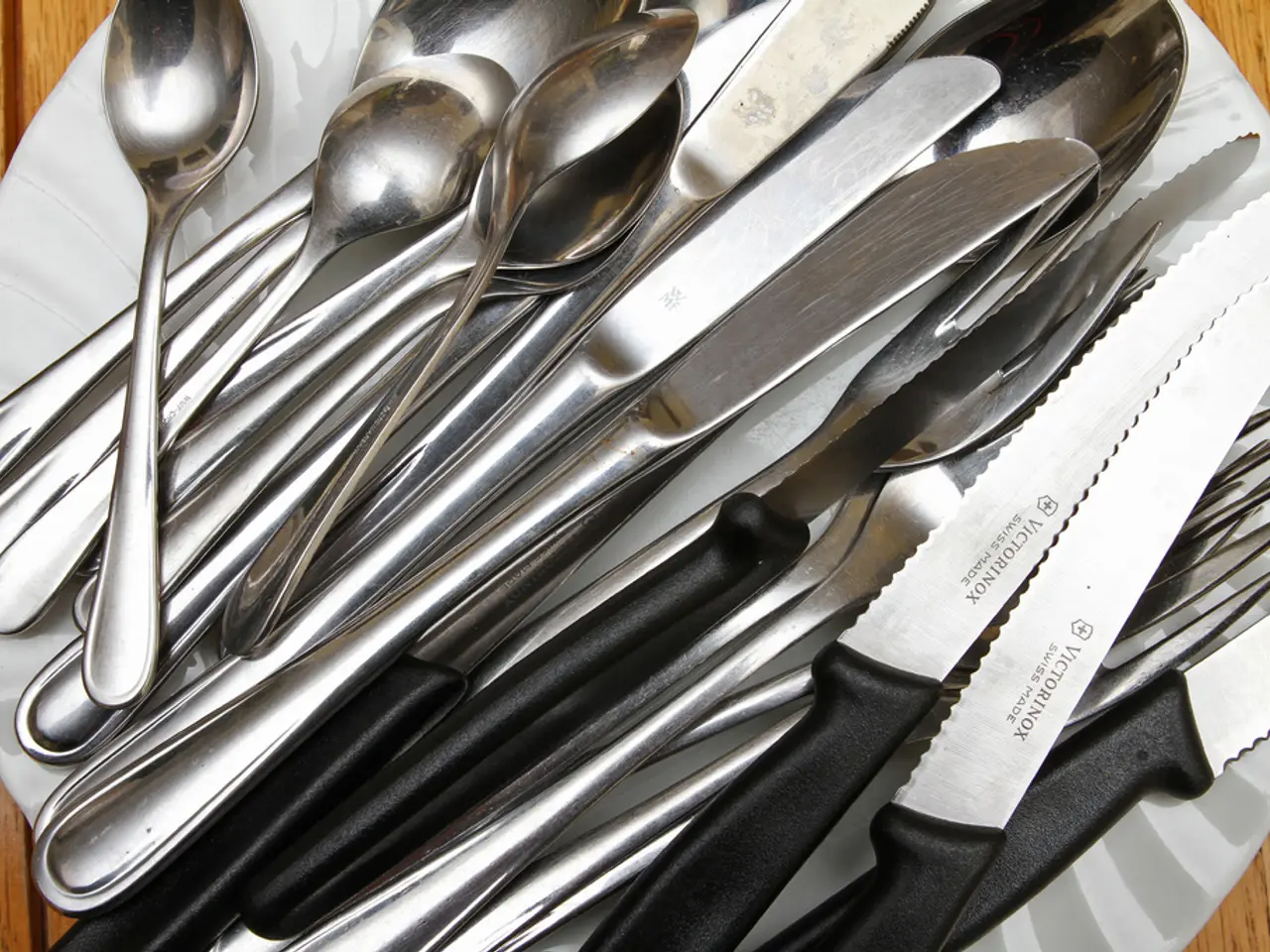Comparing Manual Pallet Forks and Electric Pallet Jacks: Making the Right Decision
In the world of material handling, two essential tools stand out: pallet forks and electric pallet jacks. These devices are instrumental in moving heavy loads with ease and efficiency, ensuring the smooth operation of warehouses, construction sites, and farms.
Pallet Forks: Versatile Lifting Power
Pallet forks are attachments designed to be used with machinery such as forklifts or skid steers. They are ideal when expanding the capabilities of existing equipment without investing in a separate machine.
Advantages
Pallet forks offer several advantages, including the ability to lift heavier and bulkier loads than pallet jacks. They are versatile for outdoor use and rough terrains when mounted on appropriate equipment. Moreover, they can handle irregular loads that may not fit on standard pallets.
Disadvantages
However, pallet forks require more operator skill and training due to the associated equipment. They also have a larger footprint and are less maneuverable in tight indoor spaces. Lastly, they generally have a higher cost and maintenance compared to pallet jacks.
Electric Pallet Jacks: Efficiency and Ergonomics
Electric pallet jacks, also known as powered pallet trucks, are battery-operated and designed for easy, low-effort movement of palletized goods. They come with powered lift and drive functions, reducing strain on workers and improving efficiency in busy environments.
Advantages
Electric pallet jacks enhance productivity by up to 30% over manual pallet jacks, allowing faster transport of pallets in warehouses. They are easier and safer to operate with ergonomic controls, especially on smooth warehouse floors. Their compact design makes them well-suited for tight spaces and indoor use. Weight capacity typically ranges from 4,000 to 8,000 lbs or more. Some models feature longer forks for handling larger or multiple pallets.
Disadvantages
However, electric pallet jacks are limited to low-lift applications and cannot lift loads as high as forklifts with pallet forks. They are less effective outdoors or on uneven, rough surfaces unless equipped with durable wheels designed for such terrains. Battery dependency requires charging infrastructure and possible downtime.
Choosing Between Pallet Forks and Electric Pallet Jacks
When choosing between pallet forks and electric pallet jacks, consider the work environment (outdoor or indoor), load type (irregular or standard), frequency of use, and budget & equipment availability.
In indoor warehouse settings with tight spaces, electric pallet jacks are highly maneuverable and ideal for standard pallets and fast transport. Outdoor or rough terrain environments, on the other hand, may benefit more from pallet forks when mounted on robust equipment.
Heavier, irregular loads require the sturdiness and versatility of pallet forks, while electric pallet jacks are better suited for lighter, standard loads and smooth surfaces.
Safety and Maintenance
Both pallet forks and electric pallet jacks require attention to safety and maintenance, though in different ways. Always check for secure attachment of pallet forks to your machinery before lifting. Train operators on proper usage and handling of electric pallet jacks. Inspect pallet forks regularly for wear, cracks, or bends, and monitor battery levels and charge electric pallet jacks regularly.
In summary, electric pallet jacks are excellent for efficient, ergonomic, and fast movement of pallets in indoor and smooth-floor warehouses, especially when dealing with standard-sized loads. Pallet forks are better suited for heavier, irregular loads and rough or outdoor environments but need specialized machinery and skills to operate effectively.
Manufacturing industries often utilize pallet forks to augment the capabilities of their machinery, offering advantages such as handling heavier and irregular loads, and providing versatility for outdoor use and rough terrains. On the other hand, the finance department might find electric pallet jacks more economical, as they can boost productivity by up to 30% compared to manual equivalents and decrease strain on workers. In terms of lifestyle and home-and-garden projects, the choice between the two may not be as important, but their efficiency and maneuverability could impact the overall business operation, depending on the nature of the work. Technology, particularly battery-operated systems, plays a significant role in the operation of electric pallet jacks, ensuring smooth and low-effort movement of pallets in various environments.




